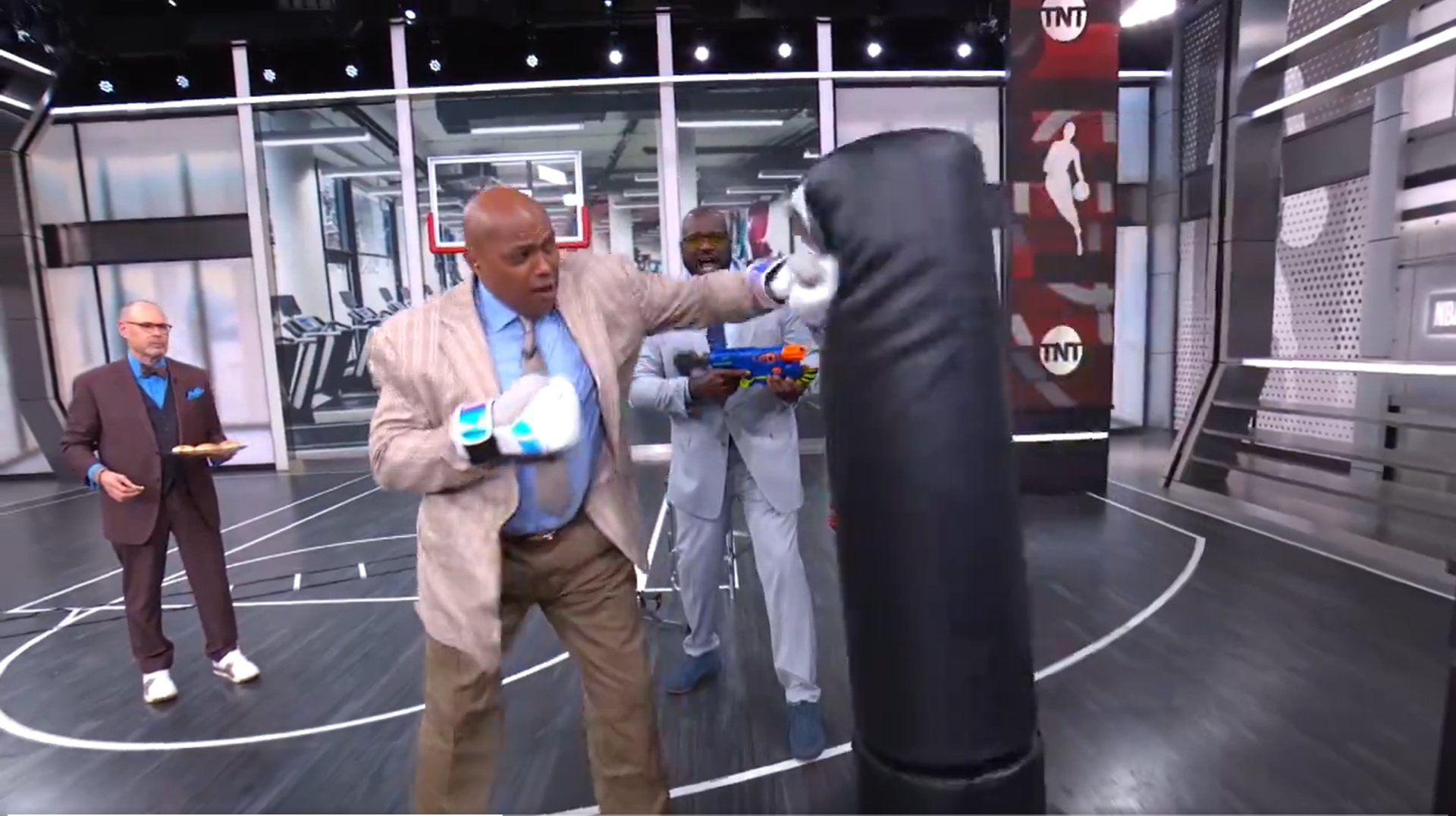
Deadspin's publication this week of profane 2011 comments from Nebraska football coach Bo Pelini about various local journalists and the team's fans have sparked plenty of debate on if Pelini should keep his job or not, with the likes of Dan Wetzel and Dennis Dodd offering support for him but others such as The Chicago Tribune's Teddy Greenstein calling for his exit. There's another interesting question here, though, and it's if any media outlet should have published that tape of Pelini's comments in the first place. There isn't necessarily a simple answer to that, as publication carries both pros and cons.
On the one hand, there is some news value to this story. Coaches' comments about media members don't necessarily matter all that much until they try to start dictating coverage (hello, Steve Spurrier!), but Pelini's comments about Nebraska fans are quite noteworthy, and something that's landed him in hot water. This has received attention all over the sports media, and it's hard to criticize that; once those comments come out, they're certainly worth discussing. Whether the comments are bad enough to justify significant punishment for Pelini or not is a matter of debate, but it's a debate that's worth having once those comments are public. The question is just if those comments should have been made public in the first place.
Deadspin's Dom Cosentino has detailed the process that led to the publication of Pelini's comments, and it's notable that the site didn't pay for them. However, these weren't dug up through a records request; they came in from an anonymous source who said "it's only fair that the fanbase of Nebraska know what Pelini thinks about them." There's a clear axe to grind there, especially given the timing of this (immediately after a bad loss, two years after the comments themselves). Sources with particular motives are hardly new, of course, and they're often useful; one of the most famous sources in history certainly had his own biases and motivations. However, there are plenty of reasons to question the motives of this source.
That's precisely what Lincoln Journal Star columnist Steven M. Sipple has done, calling Deadspin's source "lowdown," "degenerate," "a pathetic tipster with a grudge" and more. Whether Sipple is right or not depends partly on your point of view, but it also depends on exactly who the source is and how they got this recording. Pelini's statement in response said the comments were spoken "in a private room." If it was a room with only the media members on the tape (Greg Sharpe of the Husker Sports Network and an unidentified woman), and if they extended Pelini the protection of being off the record, those comments should never have popped up in any form whatsoever. Keep in mind that off-the-record status traditionally cannot be determined solely by a source, though; it has to be agreed to by the journalists and/or media organizations in question.
Moreover, it's quite possible that this recording came from someone else who was in the room but not on the tape. If that person was a member of a media outlet, then there's still a debate to be had about whether Pelini's comments should ever have been passed on, but if this was recorded by someone not in the media, that puts the fault more on Pelini than the source. You can't expect to have a private conversation in public (and, with the omnipresence of phones with recording capabilities, that's more important than ever). Thus, it's quite possible that comments like these being recorded and published is as a result of a failure by Pelini rather than a failure by anyone in the media.
That still doesn't mean these comments would have seen the light of day everywhere, though. In fact, Deadspin is probably one of the very few sports media organizations that would publish them without much more detail on exactly how they were obtained. That isn't necessarily a bad thing: there are benefits to the "publish and be damned" approach and to the idea of getting as much information to the public as possible. However, there are also benefits to the more conservative and traditional journalistic approach, and in particular, there are benefits to recognizing that there's a place for completely off-the-record comments or information. (It's notable that Deadspin subscribes to that to some extent, as they kept their source anonymous.) In the end, Deadspin elected to publish Pelini's comments, while many more traditional outlets likely would have ignored them without further detail on how they were obtained (and perhaps even with that).
Neither approach is necessarily wrong, as both the traditional, carefully-sourced philosophy and the idea of getting as much information out there as possible both have merits. For example, if every outlet went with "publish and be damned" about everything, you'd see the flow of information dry up substantially. A lot of crucial stories depend on the ideas of anonymity and background or off-the-record comments, and those comments only come if media outlets can prove to be trustworthy.
However, those relationships can sometimes turn too cozy, and a more no-holds-barred approach with less access can sometimes prove more valuable; consider how Deadspin scooped everyone on the Manti Te'o hoax. There aren't any clear journalistic answers from the Pelini saga, at least without more information on how this recording came to be, but it does illustrate the different approaches currently out there. The information Deadspin received on the Pelini tape was enough for them to run with it, and that's not necessarily good or bad; it's evidence that they decided the pros of publishing outweighed the cons. That equation may have been different at other outlets, but a different answer doesn't have to be better or worse.






